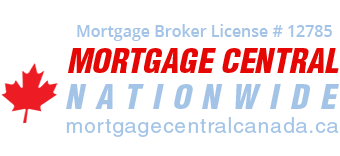Were You Rejected for a Home Equity Loan Despite a Good Credit Score?
Most people believe that a good credit score means instant approval when it comes to getting a home equity loan. This is a misconception. Each day, people with good credit score face rejection for a home equity loan. While it is true that a good credit score is key to getting a mortgage approval, this doesn’t necessarily apply to getting a home equity loan. This is because credit score is just one of the many indicators that lenders look into when determining whether an individual may be able to pay back a loan. Below are possible reasons why someone with a good credit score can get rejected for a home equity loan.
Look into Your Income to Debt Ratio
If you have a lot of debt and have a modest income, lenders may doubt your ability to afford paying for more loans. Lenders usually have minimum and maximum requirements when it comes to the ratio of debt and income with most lenders having a limit of between 43% and 49% debt to income ratio.
Having Low Income or Unreliable Income
If you have a highly variable and fluctuating income due to self-employment or work status, some lenders may be more careful about lending to you. Lenders consider each loan they approve as an investment. If there is a high probability that the loan won’t be paid back, it means that they might lose their investment. A solid proof of reliable income is what lenders want to see these days.
History of Foreclosure or Bankruptcy
Are you aware that your credit score will bear the marks of bankruptcy for up to 6 years since a bankruptcy was completed and that your records will be marred for 14 years if you happen to file for bankruptcy twice? A foreclosure or bankruptcy that happened a long time ago can have a huge impact on a home equity loan application at present time even when things are going well.
How to Get Approved for a Home Equity Loan
Do not be discouraged with the information shared above. It is still possible to get approved for a home equity loan even with declined previous applications. As soon as your finances improve or your credit score gets better, you can show that you are capable of paying bills in a timely manner. A credit score of around 680 will make most lenders more apt to lend to you but it won’t hurt to try because repeated checking and denial of application has no bearing on your actual credit score. You may reapply and recheck every few months until you get approved.
Are you worried about getting denied for a new application of a home equity loan due to a previous denial? Talk to us at Mortgage Central Canada! Our mortgage experts will assess your unique situation and assist you in getting a home equity loan approved. Contact us today to get approved as soon as possible!



